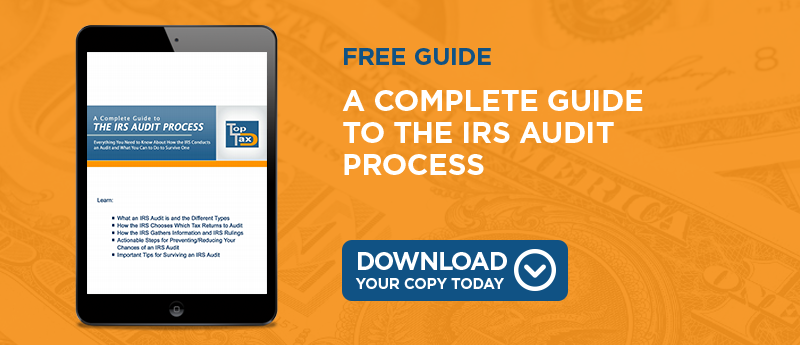
If you're a newlywed who just got married this year you may be excited about starting your new life with your spouse. However, if you don't take the time to do a little tax planning you might get an unpleasant surprise at tax time. The good news is that most of these tax tips for newlyweds are fairly simple to implement so you won't have to take much time out of your newly married life to settle them.
Change Your Name and Address
This may seem like a no-brainer but it's still an important step in preparing to file your first tax return as a married couple. If you plan to change your name after getting married you'll have to change it with the Social Security Administration and receive a new Social Security card before you can use your new name to file a return. If you'll be moving to a new address after the wedding you may wish to submit Form 8822 - Change of Address which informs the IRS of your new residence. This will help you keep up with any notices the IRS sends out before the new tax season begins.
Adjust Your Withholding
If you work for an employer and have federal income taxes withheld from your wages you may want to adjust your withholding amount. This is particularly true if you'll be the sole breadwinner for the household because you'll now be able to claim the "Married" exemption status and up to two dependents. Changing your withholding to reflect your new situation will give you a little bit more money in your paycheck which may help with any new bills you receive.
You may also want to adjust your withholding if both you and your spouse will be working since your applicable tax rate will likely be higher after you combine your income. In this case, it may be wise to request that additional tax be withheld from your pay to cover the overage.
Select the Appropriate Filing Status
Now is a good time to decide which tax filing status you will use on your upcoming return. You can either choose to file as Married Filing Joint or Married Filing Separately. For the vast majority of taxpayers the Married Filing Joint status is the best since it allows you to claim many credits and deductions that are not available when you file separately.
Watch Out for Prior Tax Obligations
If your new spouse has unpaid back taxes or child support obligations you may want to file Form 8379 - Injured Spouse Allocation which keeps you from becoming liable for these debts even if you file a joint return.
Don't make the mistake of letting tax troubles lead to problems in your new marriage. Following these tax tips for newlyweds can help you avoid common tax issues that face newly married couples.




